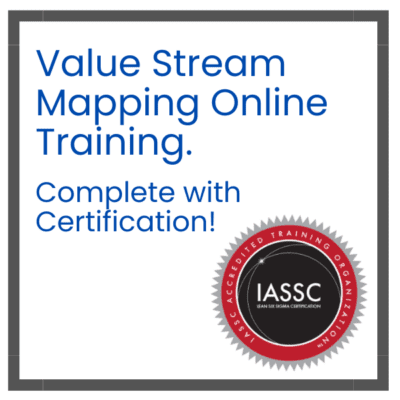The Harada Method is a management and self-development approach developed by Japanese author and management consultant Takashi Harada. It focuses on personal responsibility, goal setting, and self-management within organizations. The method is often used in business and education settings to improve individual and team productivity, foster a sense of ownership and accountability, and encourage continuous improvement.
Key principles of the Harada Method include:
- Self-Management: Individuals are encouraged to take responsibility for their own work and personal development. They set their own goals and are accountable for achieving them.
- Visualizing Goals: People are taught to visualize their goals clearly, making them more tangible and achievable. Visualization is a key aspect of the method, helping individuals to stay focused on their objectives.
- Breaking Down Goals: Goals are broken down into smaller, manageable tasks. By dividing large objectives into smaller steps, individuals can make progress incrementally, which can be more motivating and less overwhelming.
- Daily Practice: The method emphasizes the importance of daily routines and habits that contribute to the achievement of long-term goals. Consistent effort over time is considered essential.
- Measuring Progress: Progress is measured and tracked regularly. This measurement provides feedback and helps individuals adjust their efforts if they are not making sufficient progress toward their goals.
- Continuous Improvement: The Harada Method promotes the idea of kaizen or continuous improvement. Individuals are encouraged to constantly evaluate their performance and look for ways to improve their processes and achieve better results.
It’s important to note that while the Harada Method has its origins in Japanese management philosophy, its principles have been adapted and implemented in various cultural and organizational contexts worldwide.
Benefits of the Harada Method
The Harada Method offers several benefits for individuals, teams, and organizations:
- Increased Accountability: By empowering individuals to set and manage their own goals, the Harada Method promotes a sense of ownership and accountability. People are more likely to take responsibility for their actions and outcomes.
- Improved Productivity: Breaking down larger goals into smaller, manageable tasks, and focusing on daily progress, can significantly improve productivity. Individuals are more likely to stay on track and accomplish tasks efficiently.
- Enhanced Focus and Clarity: Visualization techniques used in the Harada Method help individuals clarify their goals and maintain focus on what they want to achieve. This mental clarity can lead to better decision-making and goal attainment.
- Boosted Motivation: Setting and achieving goals, even small ones, can boost motivation and self-confidence. Daily progress, no matter how minor, provides a sense of accomplishment, encouraging individuals to keep working towards their goals.
- Encourages Initiative: The method encourages individuals to take the initiative in their personal and professional development. It fosters a proactive mindset where individuals actively seek opportunities for improvement.
- Promotes Continuous Improvement: The Harada Method aligns with the concept of continuous improvement (kaizen). Regular measurement and self-assessment promote a culture of ongoing learning and development, leading to continuous improvement in skills and processes.
- Enhances Teamwork: When individuals within a team are self-motivated and accountable, it can positively impact teamwork. Team members can rely on each other to meet their individual goals, contributing to the overall success of the team.
- Reduces Dependency: Individuals relying on the Harada Method are less dependent on external supervision and micromanagement. This can lead to a more efficient use of management resources and allow managers to focus on strategic tasks.
- Adaptability: The Harada Method can be adapted to various contexts, including personal development, education, and business. Its flexibility makes it applicable to a wide range of situations and goals.
- Long-Term Success: By instilling a mindset of self-management and continuous improvement, the Harada Method can contribute to long-term personal and organizational success. Individuals equipped with these skills are better prepared to navigate challenges and seize opportunities.











